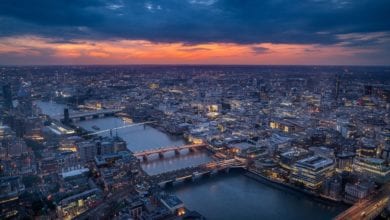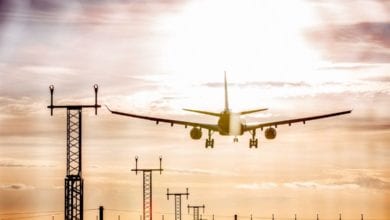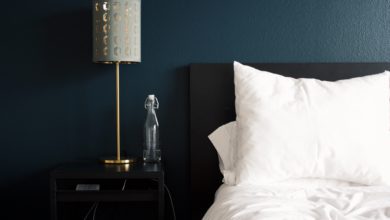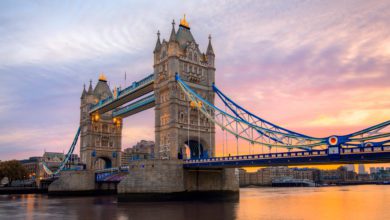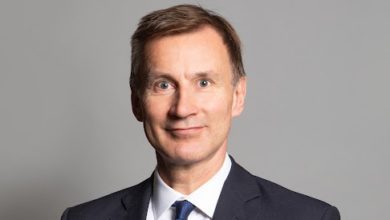Glasgow breaks August occupancy record
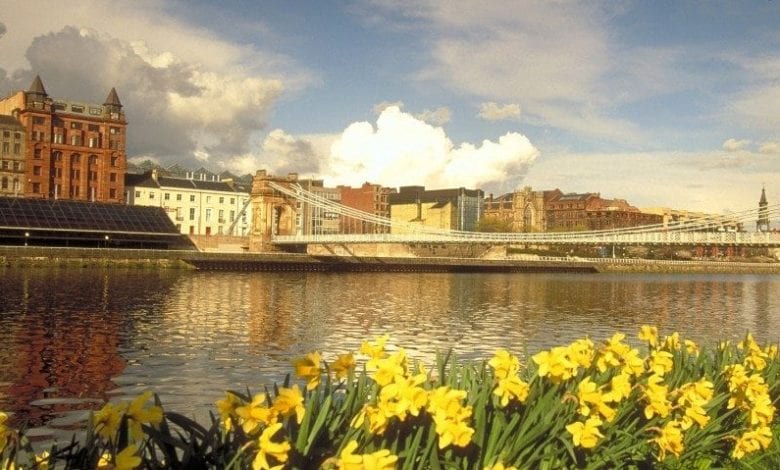
Glasgow reported record August occupancy levels as hoteliers in wider Scotland continued to report mixed results, according to the latest LJ Forecaster Scottish Intercity Report.
Glasgow’s hotel sector reported its highest August occupancy on record, according to the report from market research firm LJ Research, with 93.4% of its rooms sold, an increase of 2% on the previous year.
The cost of a hotel room decreased by 5.4% as ARR fell from £78.99 last August to £74.74 this year. However the report said that this decline is a result of the Commonwealth Games having driven “exceptional” growth in 2014.
The city’s RevPAR stood at £69.79, which although was 3.4% down on 2014 signified double-digit growth of 19.4% on August 2013.
Edinburgh’s August festival season which includes the Fringe contributed significantly to the city’s “staggeringly” high room occupancy of 93.6% during the month, although the report found this was down slightly by 0.7% compared to last year.
On 19 separate occasions during the month hotel occupancy in the city soared to 95% or above.
With domestic and international inbound flights to Edinburgh Airport at record levels coupled with Edinburgh Fringe ticket sales up 5% compared to last year, the report said the marginal decline in room occupancy compared to last year may seem somewhat unexpected.
Although the report highlighted that the city has seen some 1,000 extra hotel bedrooms added to its offering over the last 12 months. While short-term apartment and room-rental service AirBnB saw its number of capital-based listings grow by 86% over the past year.
Average room rate in the city grew 6.7% from last August to £161.46 – the third consecutive month that the city has seen room revenue growth. Revenue per available room (RevPAR) was up 6% to £151.17.
Meanwhile, Aberdeen continues its negative trend as occupancy fell from 79.3% in August 2014, to 70% last month.
Hotel revenues experienced another month of double-digit reductions – for the fourth consecutive month – as ARR dropped by 13.4% to £78.90. Consequently, RevPAR decreased by 23.6% to £55.21.




